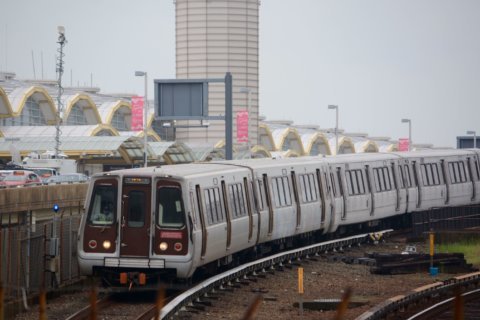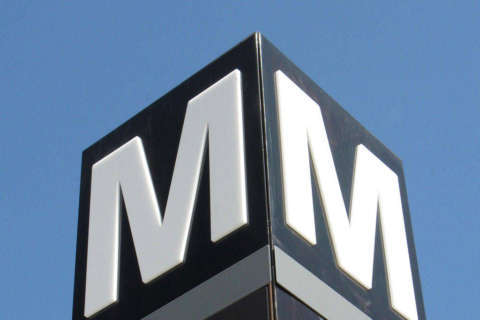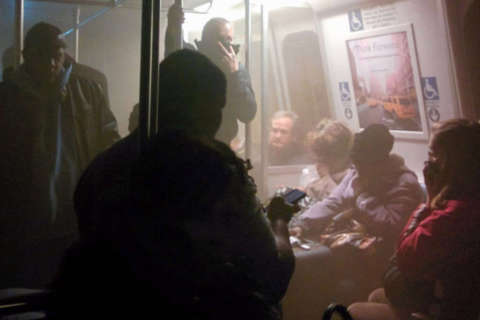WASHINGTON — Metro’s largest union appeared to back off the threat of an imminent strike Monday after Metro agreed to reverse changes for custodians’ job assignments.
In a statement Monday afternoon, Amalgamated Transit Union Local 689 said Metro would keep custodians in rail yards and bus garages rather than sticking with changes made in June to shift all of the union custodians to work in rail stations.
That change was one of the key sparks that led to a strike authorization vote.
“Local 689 now believes that WMATA has recognized its contractual violations,” the statement said.
While Metro does not agree with that characterization, the agency did say in a statement that 33 custodians will be able to return to their 2017 work locations “in consideration of ATU-Local 689 dismissing its grievances in the matter and a related lawsuit.”
“The agreement enables management to continue assigning Metro employees for custodial work in rail stations, while using contractors for nonpublic facilities,” Metro said.
According to the union, all 271 custodians will have the opportunity to pick their new assignments the week of Aug. 6, including returning to their previous assignments.
Some of the workers refused to pick new assignments under the changes implemented earlier this year, so Metro had chosen their shifts for them.
The union planned to meet with Metro leaders again Tuesday to discuss other specific issues.
“Metro executives continue to work with union officials to identify common ground and protect current employees, while containing cost growth,” Metro said.
An arbitration panel is due to rule soon on the broader contract between Metro and ATU Local 689, including issues tied to wages and benefits such as health care and retirement.
Separately, a smaller Metro union has now agreed to a new collective bargaining agreement with the agency without going to arbitration.
OPEIU Local 2 ratified the new five-year contract to replace the one that expired two years ago for administrative and professional workers. Metro said the deal allows it to cut health benefits costs by making workers pay more. The contract includes some pay increases that are retroactive to the expiration of the last deal and maintains many other provisions of the previous contract.
Those workers had already lost pension benefits, with all new members hired since 2009 enrolled in a 401(k) plan instead.








